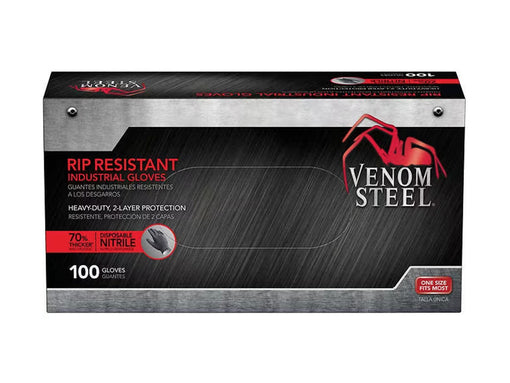
- Article published at:
- Article comments count: 0
Drawer menu
Disposable gloves are an essential part of personal protective equipment (PPE) in many industries. They are designed to protect the wearer from harmful substances and contaminants. Here are some of the most common types of disposable gloves and their recommended uses:
Nitrile Gloves: These gloves are made of synthetic rubber and are ideal for people with latex allergies. They are resistant to punctures, tears, and chemicals, making them suitable for use in the automotive, healthcare, and food service industries. They are also available in powder-free versions, which are ideal for people with sensitive skin.
Latex Gloves: These gloves are made of natural rubber and are the most commonly used type of disposable gloves. They are flexible, comfortable, and provide excellent dexterity. They are ideal for use in the healthcare, food service, and janitorial industries. However, they are not suitable for people with latex allergies.
Vinyl Gloves: These gloves are made of polyvinyl chloride (PVC) and are a cost-effective alternative to latex and nitrile gloves. They are ideal for use in the food service, janitorial, and beauty industries. However, they are not as durable as latex or nitrile gloves and are not suitable for use with chemicals.
Polyethylene Gloves: These gloves are made of lightweight plastic and are the most economical type of disposable gloves. They are ideal for use in the food service and janitorial industries. However, they are not as durable as other types of gloves and are not suitable for use with chemicals.
When selecting disposable gloves, it is important to consider the task at hand and the hazards involved. For example, if you are working with chemicals, nitrile gloves would be the best choice. If you are working with food, vinyl gloves would be a good option. Latex gloves are a good all-purpose glove, but they are not suitable for people with latex allergies. Polyethylene gloves are the most economical option, but they are not as durable as other types of gloves.
It is also important to consider the thickness of the gloves. Thicker gloves offer more protection but may reduce dexterity. Thinner gloves offer better dexterity but may not provide adequate protection. The thickness of the gloves should be selected based on the task at hand.